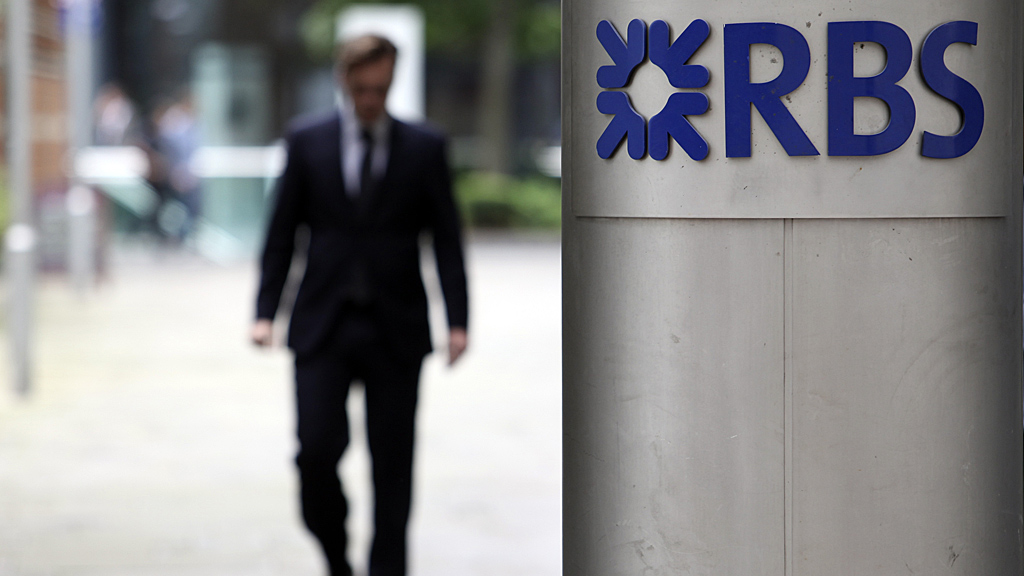RBS faces £4bn shareholder claim
More than 12,000 private shareholders, who paid out money to help RBS during the financial crisis, launch a potential £4bn claim against the bank and its former bosses.

The RBOS Shareholder Action Group claims the directors misled investors, missed out vital information and misrepresented RBS’s underlying strength during the crisis.
The bank asked shareholders for an extra £12bn in 2008 to help shore up its finances after revealing it had been “acutely affected by credit market conditions” during the financial crisis.
But many of these shareholders believe the bank gave a false impression of its strength when it called on them for cash, in an emergency rights issue in 2008.
Today the action group launched proceedings against former chief executive Fred Goodwin, Sir Tom McKillop, Johnny Cameron, Guy Whitaker, and RBS itself.
For the first time, some of these directors will have to answer for their actions in a British Court. Spokesman for the RBS Shareholder Action Group
It claims that the directors made “recklessly optimistic statements which gave a grossly misleading impression” of the bank’s strength.
A spokesman for the action group said: “Today represents a giant step forward for the many thousands of ordinary people who lost money as the result of inexcusable actions taken by banks and their directors in the financial crisis. Now, for the first time, some of these directors will have to answer for their actions in a British Court”.
The 12,000-strong group contains many pensioners and more than 100 institutional investors, the spokesman added.
The group’s lawyers delivered their first letter of claim to the bank in March last year.
‘Poor decisions’
The move followed the December 2011 publication of a long-awaited review of the bank’s conduct from the Financial Services Authority (FSA).
The report concluded that “multiple poor decisions” eventually led to the taxpayer bailout of the bank.
Lord Turner, chairman of the FSA, called for a public debate over changes to regulatory rules which would “ensure that bank executives and directors face personal consequences as a result of bank failure”.
At the time he said: “People want to know why RBS failed and why no one has been punished. This report aims to answer those questions. It describes the errors of judgment and execution made by RBS executive management which, in combination, resulted in RBS being one of the banks which failed amid the global crisis.
“These were decisions for whose commercial consequences the RBS executive and board were ultimately responsible.”
Yet a year earlier the FSA said it had shut its investigation after concluding “bad” decisions, rather than “dishonesty” let to the failure of the bank.
Its statement was based on a PriceWaterhouseCoopers review, which found that “bad decisions were not the result of a lack of integrity by any individual and we did not identify any instances of fraud or dishonest activity by RBS senior individuals or a failure of governance on the part of the board.”
The FSA however later reopened its investigations in response to public outcry, going on to publish its 2011 review.
RBS told Channel 4 News today it was not commenting on the case.